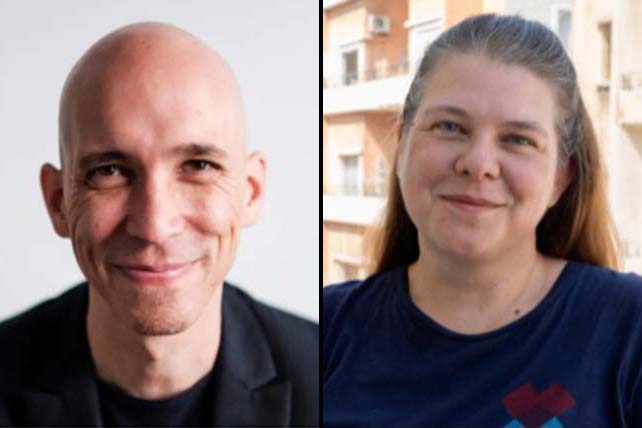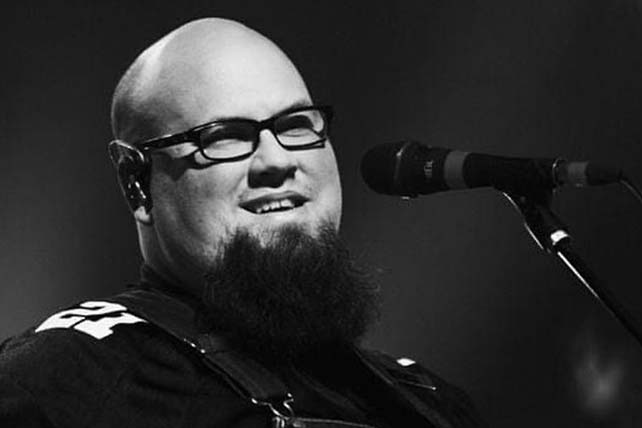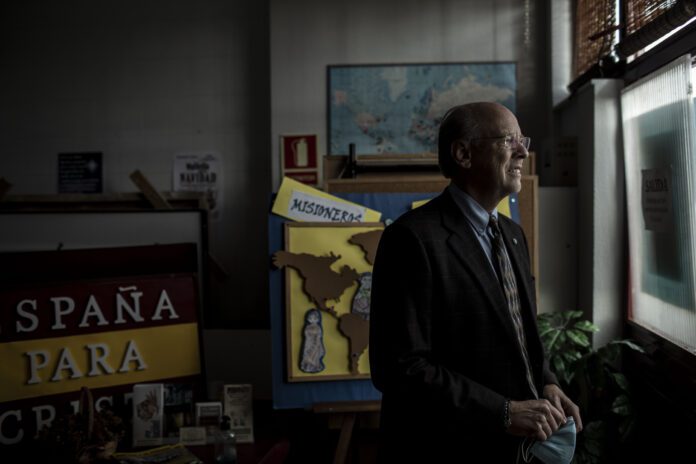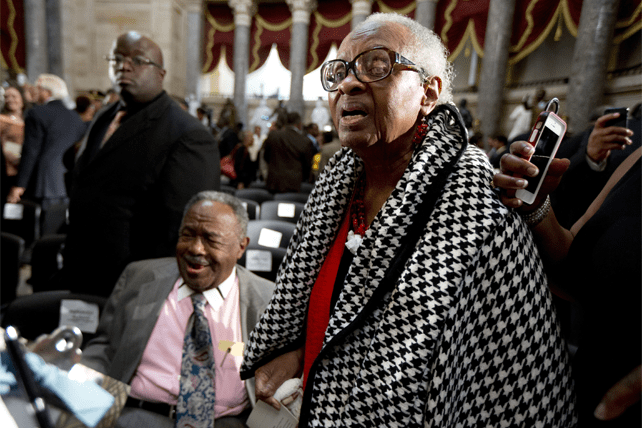There are seven lies Christians believe about sex. Things aren’t always as they seem. Take Prince Hans in the movie Frozen, for example. That fool pretends to be a charming, stand-up guy. And when Anna needs him most, Prince Hans pulls an Okie-Doke on her, leaving her for dead. What a jerk.
I seriously think I threw my couch pillow at the TV the first time I saw it. My wife then stared at me with a look like, “Did you really just throw a pillow at the TV over a cartoon movie?”
I was slightly embarrassed. But I don’t regret my actions.
Hollywood has built an industry on the “Prince Hans Principle” (yeah, I just made that up). Movies will paint a character one way, then drop the bombshell. But let’s be honest. Hollywood doesn’t hold the rights to this principle. Unfortunately, things aren’t always as they seem in the real world either. This is true of people, political and social ideas, and everything in between.
If you grew up in Christian culture, the “Prince Hans Principle” applies to many things, but it especially applies to sex. I remember the first time someone told me sex was a gift from God. I wasn’t sure if I wanted to slap them for insulting God or cry because they might actually be right. In the days and weeks that followed, I started to realize sex was a gift from God.
And it changed everything.
You see, I always thought sex was from Satan. Christians just borrowed it for procreation or something. But the more I talked to other people and studied Scripture, the more I realized things weren’t as they seem.
Today, I see sex as a beautiful, powerful gift from God. But getting to this point wasn’t easy. And I still have baggage from the years of lies I had to destroy. Some (or maybe most) of these lies I acquired from my Christian culture. Others I picked up from Hollywood, friends, etc.
Regardless, here are seven lies Christians believe about sex.
Lies Christians believe about sex #1.) Sex is dirty, nasty and only useful for procreation.
So, what if I told you sex is a gift from God? I know. That destroys the foundation of your understanding of sex. But it’s true. Sex isn’t dirty and nasty. And its purpose isn’t solely to keep the world populated.
But, for most Christians, sex is like that annoying family member. You know the one. God didn’t bless him (or her) with qualities like self-awareness. But he has a double portion of obnoxiousness. You dread family gatherings because the annoying family member will be there. But it’s your family. So, what choice do you have?






















